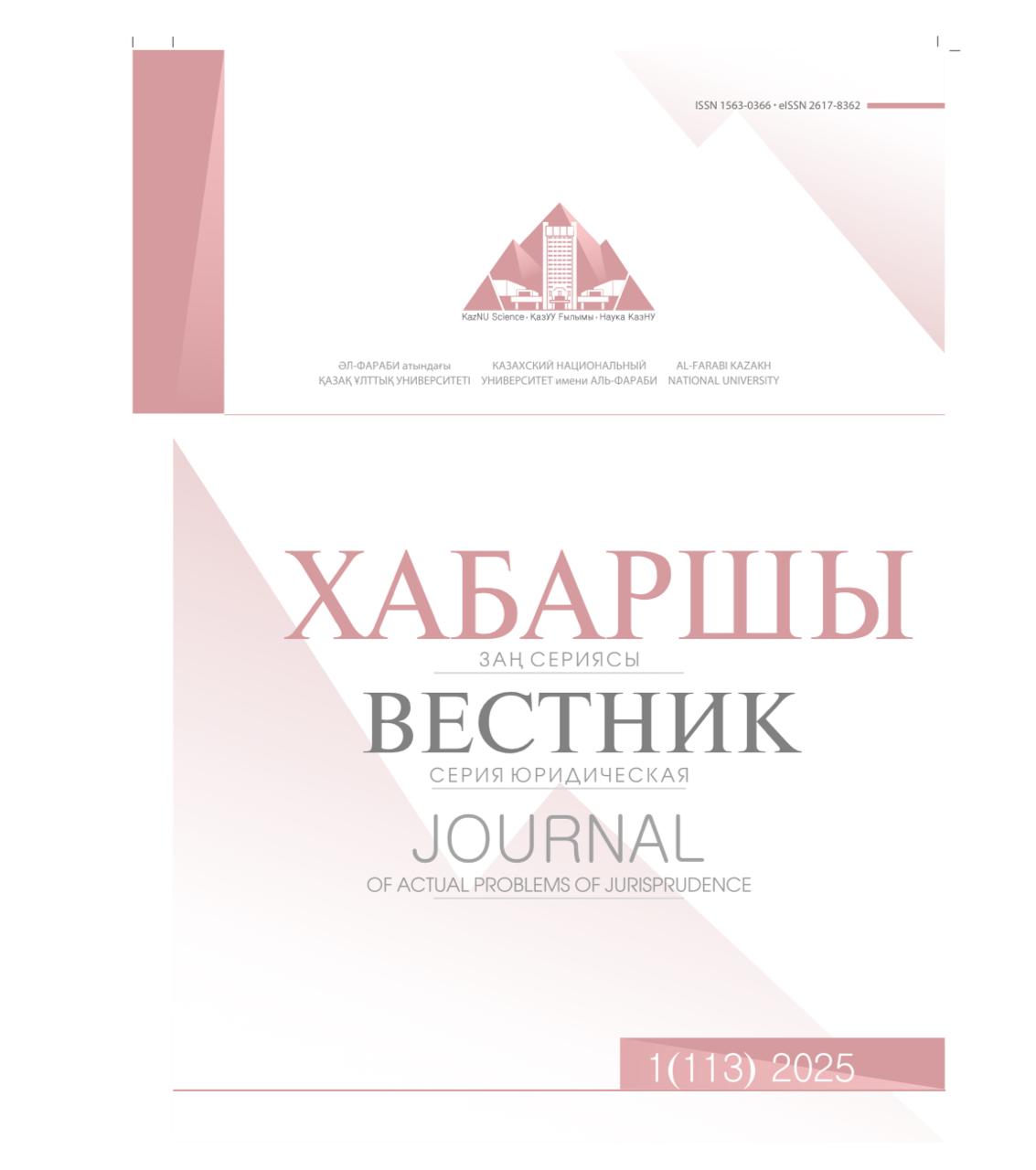ELECTRONIC VOTING IN KAZAKHSTAN AND ABROAD: PROSPECTS AND CYBER RISKS
DOI:
https://doi.org/10.26577/JAPJ202511314Abstract
This article provides a comprehensive analysis of the transformation of the electoral process in Kazakhstan and foreign countries in the context of the digitalization of society. The main attention is paid to the study of innovative electronic voting practices that open up new opportunities for citizens to participate in the political life of the country. The authors aim to explore the prospects associated with the introduction of digital technologies into the electoral process and analyze potential cyber risks, such as vulnerability to external attacks, data security problems and manipulation of public opinion. The article presents the results of research showing how digital development affects the effectiveness and transparency of elections. The authors explore the problems of regulating and protecting the rights of voters in the digital environment, emphasizing the importance of creating a reliable infrastructure to protect against cyber threats and ensure the confidentiality of voting. In conducting the research, the authors use a comprehensive methodological approach, including a literary review covering scientific papers and regulations on the digitalization of electoral processes and cybersecurity, as well as an analysis of statistical data and reports of supervisory commissions. Specific examples of the introduction of digital technologies into electoral processes, both in Kazakhstan and abroad, are considered, and models are used to assess potential threats in these processes. In addition, a comparative analysis of international experience in the field of electronic voting and cybersecurity is being conducted to identify best practices and form recommendations. In general, the paper discusses strategies and measures that can be taken at the state level to minimize the risks associated with the digitalization of the electoral process. The conclusion is made about the need for a balanced approach to innovation, which allows you to take advantage of the digital era, while minimizing possible negative consequences.
Keywords: digital transformation, electronic voting, electoral process, cybersecurity, cyber risks, data privacy, e-government.













